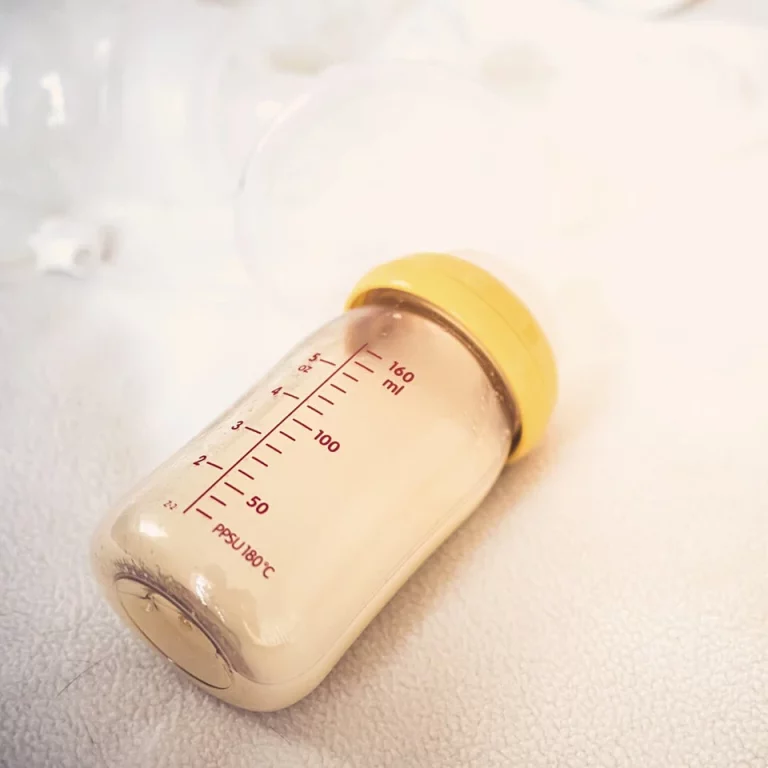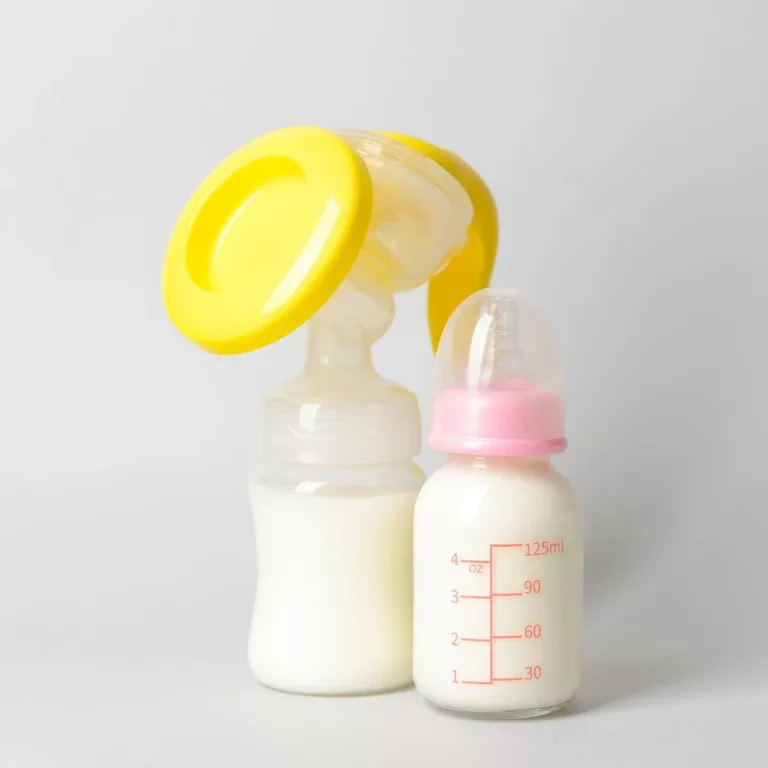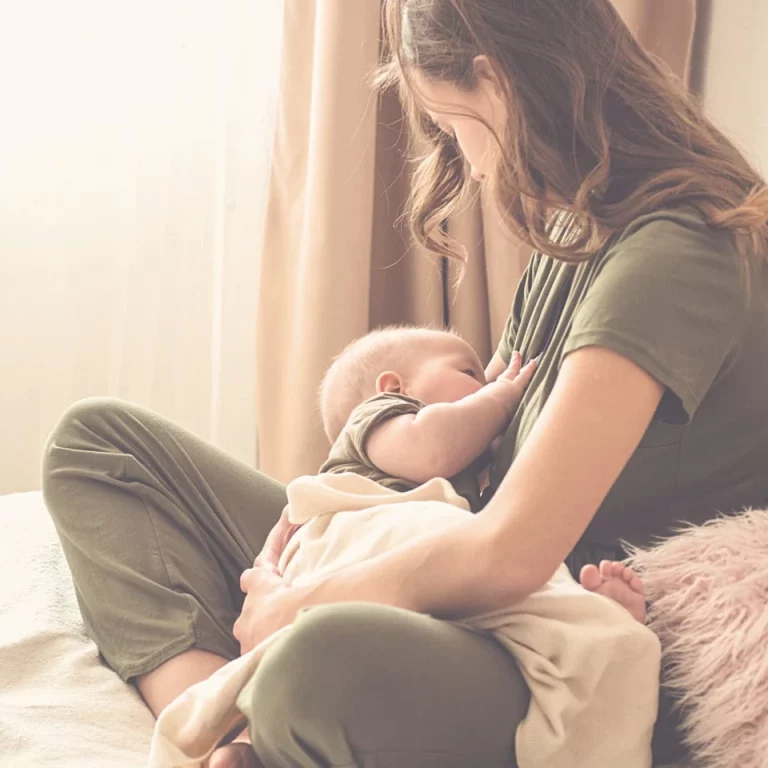Postpartum Rib Pain
Postpartum rib pain can happen for several reasons. It is actually a fairly common issue in postpartum individuals. Unfortunately, alongside other issues like postpartum bleeding, and postpartum mood changes, rib pain is also something patients may need to deal with.
Most postpartum rib pain is from non-emergent medical conditions. However, it is very important for new moms to be aware of the less common potential causes of postpartum rib pain that warrant a trip to the emergency room. Let’s take a look at some of the potential causes of rib pain in new moms.
Postpartum Rib Pain From Hormonal Changes
It is no surprise that during pregnancy many hormonal changes occur. These fluctuations are also intended to support your growing baby and support the baby’s development.
Many patients may not know that increasing levels of estrogen and progesterone can cause the ligaments and joints in the body to relax and become more flexible, preparing the body for childbirth.
Then, after you give birth, there is a rapid drop in the hormones estrogen and progesterone. This sudden drop in hormones can cause the ligaments and muscles around the ribcage to tighten and become less flexible.
This can result in postpartum rib pain or discomfort, particularly during deep breathing, coughing, or sneezing. If you notice that the rib pain only happens when you take a deep breath then this may be an indicator that this is the cause.
What Is The Role Of Progesterone In The Third Trimester?
Progesterone has a relaxing effect on smooth muscle tissue, including ligaments. This relaxation helps to prepare the body for childbirth by allowing the ligaments to stretch and become more flexible.
Progesterone can also increase the water content of ligaments, making them more pliable and flexible. Progesterone can reduce the tensile strength of ligaments, making them more susceptible to injury.
After delivery, the body undergoes a period of readjustment as the hormone levels return to normal.
Postpartum Rib Pain From Strained Muscles
Another common cause of postpartum rib pain is due to muscle imbalance that could be a result of poor postures. The physical strain of pregnancy, childbirth, and caring for a newborn can cause muscle strain or injury, including in the muscles surrounding the ribs.
It is important to be aware of your positioning when you are postpartum. For example, if you are continually carrying your newborn on one side of your body this could lead to rib pain on either side. You may also feel pain in your back muscles and between your shoulder blades. Try switching sides periodically or using a baby carrier or a baby wrap to help support your thoracic spine.
Postpartum Rib Pain From Pressure From Breastfeeding
Breastfeeding can be challenging both mentally and physically. There is no correct position to breastfeed in. The position that is best for you and your baby is the correct position. Try to be mindful of muscle strains if your find yourself feeding more on one side than the other. If it is possible to switch your daily routine this can give one side a break. This may not always be possible because for some women, one breast may produce more milk than the other.
In addition to positioning, breasts that are full of milk can cause discomfort and pressure in the breasts. Some patients may have severely increased pressure because their breast have grown significantly due to milk production. This can cause rib pain and it can also cause pain in other areas. For example, the postpartum rib pain in these situations may radiate to the chest and ribcage. Some patients may even feel an increase in abdominal pressure also. Try to use a supportive bra when you are able to during the months postpartum that you are breastfeeding.
Remember to continue to take your prenatal vitamins when breastfeeding as well. Vitamin deficiencies can cause muscle pain and it is important to take a proper prenatal while you are breastfeeding as well.
Postpartum Rib Pain From Medical Conditions
In some cases, postpartum rib pain may be caused by an underlying medical condition. These could be muscular or they could be more serious. Here are some of the medical conditions to be aware of during the postpartum period.
Right Side Rib Pain Postpartum May Be From Gallbladder Disease
Related: Best Lube For Postpartum Sex
If you are experiencing right-sided postpartum rib pain, this may be from your gallbladder. The gallbladder is a small, pear-shaped organ that is located on the right side of the body, just beneath the liver. Gallbladder disease is more common in women. Gallbladder pain postpartum can be a sudden or a chronic pain.
Gallbladder disease can cause both abdominal pain and rib pain. This is because the gallbladder is located in close proximity to the ribcage, and inflammation or other issues with the gallbladder can irritate the surrounding tissue and nerves, leading to pain in the ribs.
When the gallbladder becomes inflamed or infected, it can cause pain in the upper right side of the abdomen, which can sometimes radiate to the chest or back. This pain may be felt as a dull ache, a sharp stabbing pain, or a feeling of pressure or discomfort. The pain may also be accompanied by other symptoms, such as nausea, vomiting, fever, and jaundice.
Rib Pain From Costochondritis
Costochondritis can cause rib pain. Costochondritis is an inflammation of the cartilage that connects the ribs to the breastbone (sternum). This inflammation can cause pain and tenderness in the affected area, which is typically located on the front of the chest near the sternum.
Costochondritis can cause rib pain because the inflammation can irritate the nerves that run through the affected area, leading to pain that may feel sharp, stabbing, or burning. The pain may also be accompanied by tenderness, swelling, and a feeling of pressure or discomfort in the chest. In some cases, the pain may radiate to the back, shoulders, shoulder blades or arms.
Costochondritis is caused by a variety of factors. These include injury, overuse, viral infections, and arthritis. It is most commonly seen in adults over the age of 40 and may be more common in women than in men. Treatment for costochondritis typically involves rest, pain management, and anti-inflammatory medication.
Pulmonary Embolism – Medical Emergency
A pulmonary embolism is a blockage in the pulmonary artery, which is the main artery that carries blood from the heart to the lungs. This blockage is typically caused by a blood clot that travels from another part of the body, such as the legs, to the lungs.
When a pulmonary embolism occurs, it can cause a variety of symptoms, including chest pain, shortness of breath, rapid heartbeat, and coughing. Rib pain can also occur as a result of a pulmonary embolism. This is because the lungs are surrounded by a membrane called the pleura, which has nerve endings that can transmit pain signals to the ribs and other parts of the body. When a pulmonary embolism occurs, it can irritate the pleura and cause pain that is felt in the chest, back, or ribs.
Rib pain caused by a pulmonary embolism may feel sharp, stabbing, or dull, and it may be worse when taking deep breaths or coughing. If you are experiencing rib pain or other symptoms that may be related to a pulmonary embolism, it’s important to seek medical attention immediately. Pulmonary embolisms can be life-threatening and symptoms like shortness of breath warrant emergency medical treatment. Early diagnostic tests and proper treatment are essential for a positive outcome with a pulmonary embolism.
Postpartum Hemorrhage – Medical Emergency
Heavy bleeding postpartum and postpartum rib pain could be caused by a postpartum hemorrhage. This is a potentially life-threatening condition and is one of the most serious postpartum complications. In postpartum hemorrhage, there is excessive bleeding after childbirth. Postpartum hemorrhage can cause heavy bleeding, as well as other symptoms such as abdominal pain, rapid heartbeat, and low blood pressure. The rib pain is likely to be referred pain from the abdomen or the uterus.
Warning signs of postpartum hemorrhage (PPH) include soaking through a pad in an hour or less or passing large blood clots. Patients may also experience severe pain, and feel lightheaded due to their blood pressure decreasing. Some patients may also have difficulty breathing and have shortness of breath. It is important to go to an emergency room or call 911 immediately.
Cardiac Arrest (Heart Attack) – Medical Emergency
A heart attack can cause rib pain. This may be generalized or localized to left side rib pain. A heart attack occurs when the blood flow to the heart is blocked, usually by a blood clot. This can cause damage to the heart muscle, which can lead to a variety of symptoms, including chest pain, shortness of breath, and left rib pain.
The pain from a heart attack can be felt in various parts of the body, including the chest, left arm, neck, jaw, and back. In some cases, the pain may also be felt in the left side of the ribcage. This is because the heart is located on the left side of the chest, and the pain from a heart attack can radiate to nearby areas, including the ribs.
The pain from a heart attack is often described as a squeezing, pressure-like sensation that may come and go or persist for several minutes. It may also be accompanied by other symptoms, such as nausea, sweating, and lightheadedness.
Postpartum Rib Pain: Summary
New moms may have postpartum rib pain that is due to hormonal changes, strained muscles, pressure from breastfeeding, or a medical condition. The medical conditions include gallbladder disease, costochondritis, pulmonary embolism, postpartum hemorrhage, and cardiac arrest. Several of these require immediate medical attention otherwise they can be life-threatening.
If you are experiencing postpartum rib pain, it’s important to talk to your healthcare provider. It is important for your doctor to determine the underlying cause of your postpartum rib pain. Proper medical advice from your health care provider is important as rib pain could be due to a variety of different things.
Some of these causes of postpartum rib pain are more concerning than others. In most cases, rest, pain relief medications, physical therapy, or other treatments may be recommended to relieve discomfort and promote healing.
We discuss products we think are useful to people. If you buy something through our links, we may earn a commission. Remember to check with your personal physician to see if a product recommended is right for you.








